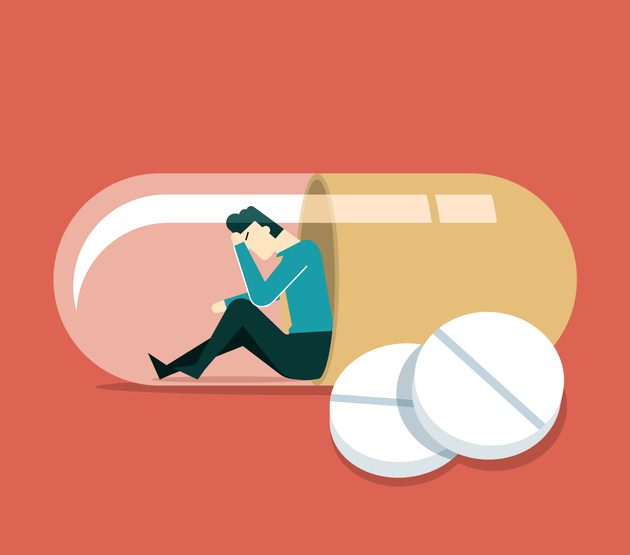Understanding the Connection Between Trauma and Substance Abuse

Understanding the Connection Between Trauma and Substance Abuse
August 7, 2023
Healing the Wounds: Navigating Trauma and Substance Abuse for a Healthier Future
The weight of unaddressed trauma can feel like an anchor, holding us down and preventing us from moving forward. For many, unresolved emotional wounds can lead to substance abuse as a coping mechanism. Understanding this connection between trauma and addiction is crucial for healing and recovery.
In this article, we will delve into the complex relationship between these two issues, shedding light on how they intertwine and offering strategies for overcoming the challenges they present.
The Connection Between Trauma and Substance Abuse
- A coping mechanism: Trauma survivors may turn to substances to numb their pain or escape the distressing memories and emotions associated with their experiences. This temporary relief can lead to a dependence on drugs or alcohol.
- A vicious cycle: Substance abuse can exacerbate trauma symptoms, leading to increased feelings of anxiety, depression, and isolation. This can prompt further substance use, creating a self-perpetuating cycle that becomes increasingly difficult to break.
Benefits of Therapy for Trauma and Substance Abuse
- Addressing the root cause: Therapy helps identify and address the underlying trauma that may drive substance abuse, allowing individuals to confront and work through their emotional pain.
- Developing healthy coping strategies: Therapists guide individuals in learning new, healthier ways to cope with stress and emotional turmoil, reducing the need for substances as an escape mechanism.
- Improving mental health: Therapy can help alleviate symptoms of anxiety, depression, and post-traumatic stress disorder (PTSD), improving overall mental health and well-being.
Types of Therapy for Trauma and Substance Abuse
- Cognitive Behavioral Therapy (CBT): CBT focuses on changing unhelpful thought patterns and behaviors. This evidence-based approach is widely used to treat both trauma and addiction.
- Eye Movement Desensitization and Reprocessing (EMDR): EMDR is a specialized therapy designed to help individuals process traumatic memories, reducing their emotional impact and lessening the need for substances.
- Dialectical Behavior Therapy (DBT): DBT emphasizes mindfulness, emotion regulation, and interpersonal effectiveness as tools for managing trauma and overcoming addiction.
The Importance of Seeking Professional Help
Untangling the intricate web of trauma and substance abuse can be overwhelming, but it is crucial to remember that you don’t have to face these challenges alone. Professional therapists and addiction specialists have the knowledge, skills, and experience to guide you on your journey toward healing and recovery. Seeking help is a brave and essential step in breaking free from the grip of trauma and addiction. Remember, there is hope, and recovery is possible with the right support and resources.
Take the First Step with Southern Connecticut Behavioral Health
At Southern Connecticut Behavioral Health, our trained professionals offer depression therapy services to help individuals work through their emotions and relieve symptoms. Serving Milford, Greenwich, and New London/Groton, CT, we provide the support you need on your mental health journey.
Reach out to us today and take the first step towards healing, recovery, and a brighter future.
Recent News

Coping with Anxiety in the Workplace: Practical Strategies for a Stress-Free Day
April 24, 2025

Understanding Seasonal Affective Disorder (SAD): Tips for Coping During Winter
January 17, 2025

How Therapy Can Help Seniors Maintain Mental Health and Wellness
October 18, 2024

Understanding the Dynamics of Family Systems in Therapy
July 18, 2024

The Impact of Therapy on Personal Growth and Well-being
April 18, 2024

The Power of Mindfulness in Reducing Stress
January 17, 2024

